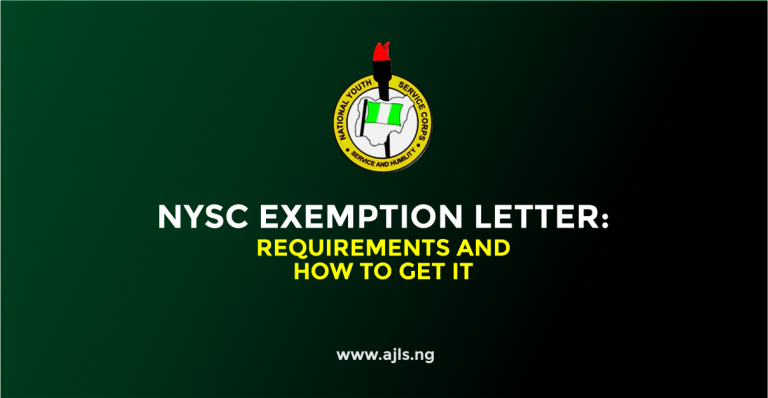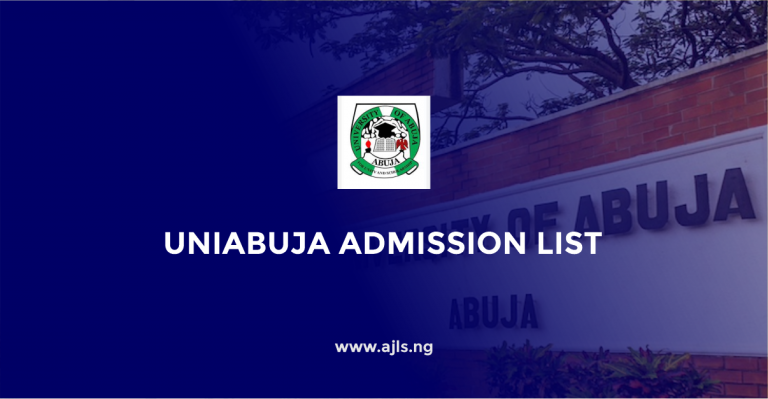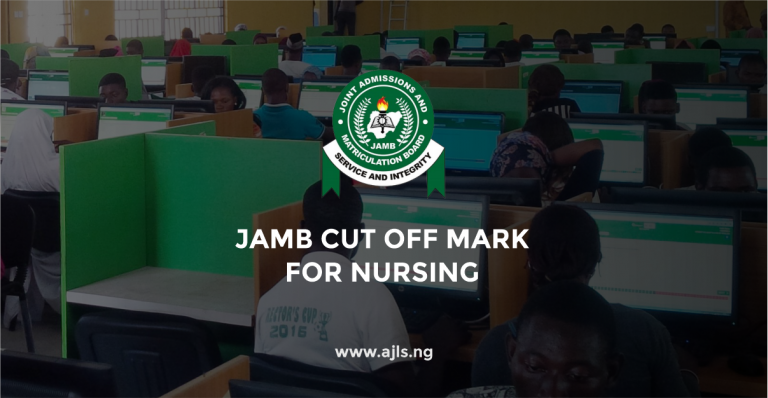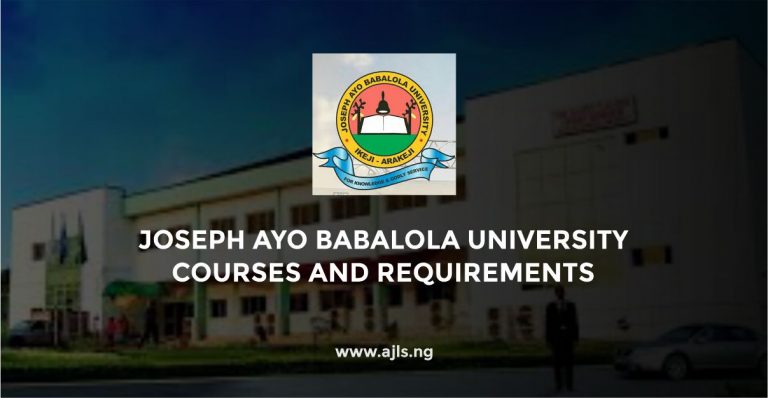NECO Syllabus For Economics 2025

The NECO June/July examination is just around the corner. If you are preparing to write Economics, having the right study guide can make a difference. Your grades depend on how well you study for the examination.
NECO provides a detailed syllabus for every subject, including Economics. The NECO Syllabus for Economics outlines all the topics you need to cover before the exam. Whether you are studying alone or with a tutor, following the syllabus helps you stay focused and study more effectively.
In this post, we have shared a detailed NECO Syllabus for Economics. If you want to do well, make sure to study each topic carefully, use recommended textbooks, and practice with past questions. This approach will set you up for success in your exams.
Examination Structure
The NECO Economics examination typically comprises two papers:-
Paper 1: Objective Test
- Consists of multiple-choice questions covering the entire syllabus.
- Duration: 1 hour.
Paper 2: Essay Test
- Contains structured essay questions requiring detailed responses.
- Candidates are usually required to answer a specific number of questions from different sections.
- Duration: 2 hours.
NECO Syllabus For Economics
| Section | Topics Covered |
|---|---|
| Definition and Scope of Economics | Understanding the nature, scope, and methodology of economics. |
| Factors of Production | Land, labor, capital, and entrepreneurship. |
| Types and Basic Features of Economic Systems | Capitalism, socialism, mixed economy, and their characteristics. |
| Basic Tools of Economic Analysis | Graphs, charts, tables, and their interpretations. |
| Demand | Law of demand, determinants, and elasticity. |
| Supply | Law of supply, determinants, and elasticity. |
| Theory of Consumer Behavior | Utility analysis, indifference curves, and budget constraints. |
| Theory of Price Determination | Market equilibrium, effects of shifts in demand and supply. |
| Theory of Production | Production functions, returns to scale, and productivity. |
| Theory of Cost and Revenue | Cost concepts, revenue types, and profit maximization. |
| Market Structures | Perfect competition, monopoly, monopolistic competition, and oligopoly. |
| Business Organizations | Sole proprietorship, partnership, corporations, and cooperatives. |
| Distributive Trade | Channels of distribution, roles of wholesalers and retailers. |
| Population and Labor Market | Population theories, labor force, and employment issues. |
| Agriculture | Types, importance, and challenges in agriculture. |
| Industrialization | Industrial growth, types of industries, and industrial policies. |
| National Income | Concepts, measurement, and significance of national income. |
| Money and Inflation | Functions of money, types of inflation, and control measures. |
| Financial Institutions | Central and commercial banks, roles, and functions. |
| Public Finance | Government revenue, expenditure, and budgeting. |
| Economic Development and Planning | Development indicators, planning types, and challenges. |
| International Trade and Balance of Payments | Trade theories, balance of payments components, and trade policies. |
| Economic Integration | Regional economic blocs, benefits, and challenges. |
| International Economic Organizations | Roles of IMF, World Bank, WTO, and others. |
To pass your Economics exam well, make sure you cover all the topics featured in the syllabus. Don’t forget to use the recommended textbooks alongside the syllabus, and practice with past questions to make the most of your time and effort.
If you find this post helpful, please share the syllabus with your friends and classmates who are also preparing for the exam. And if you have any questions, feel free to ask in the comments below, and we’ll respond shortly to help you out.




